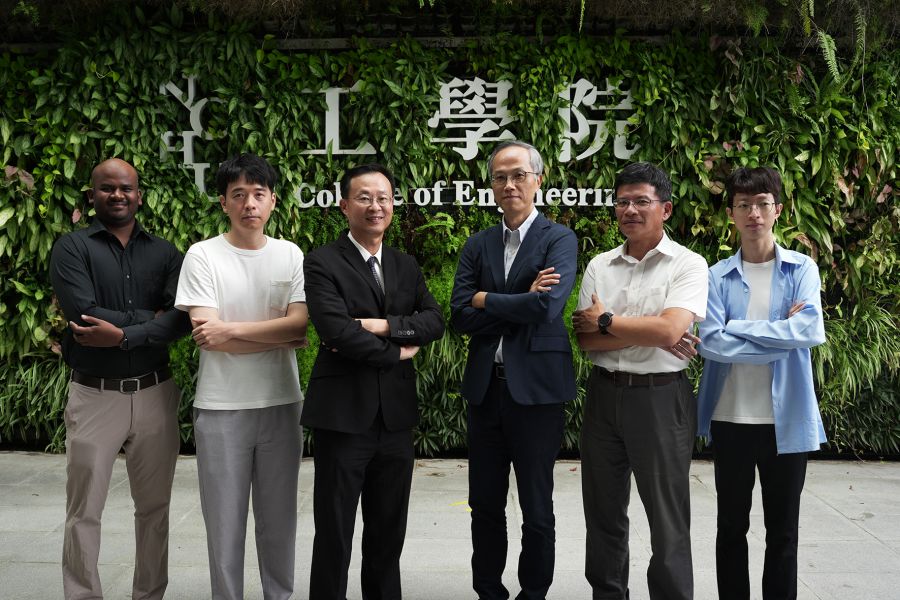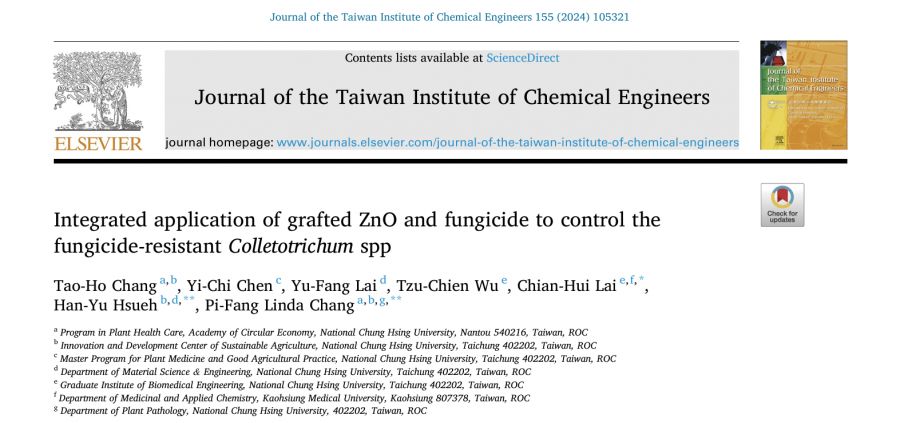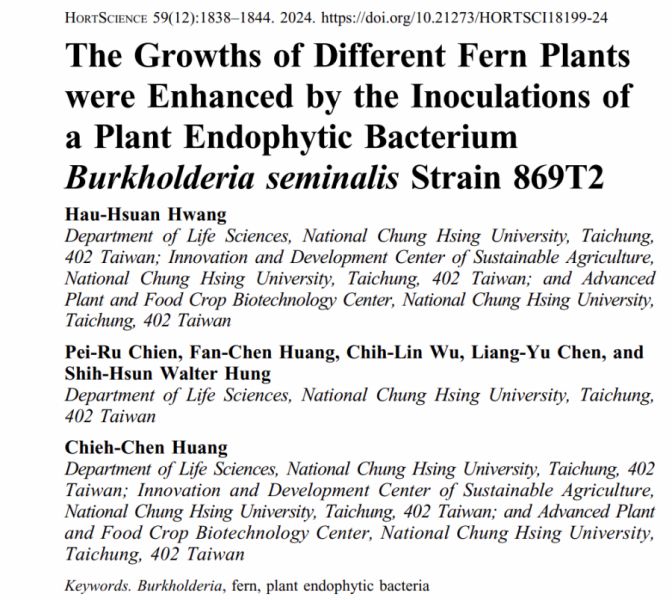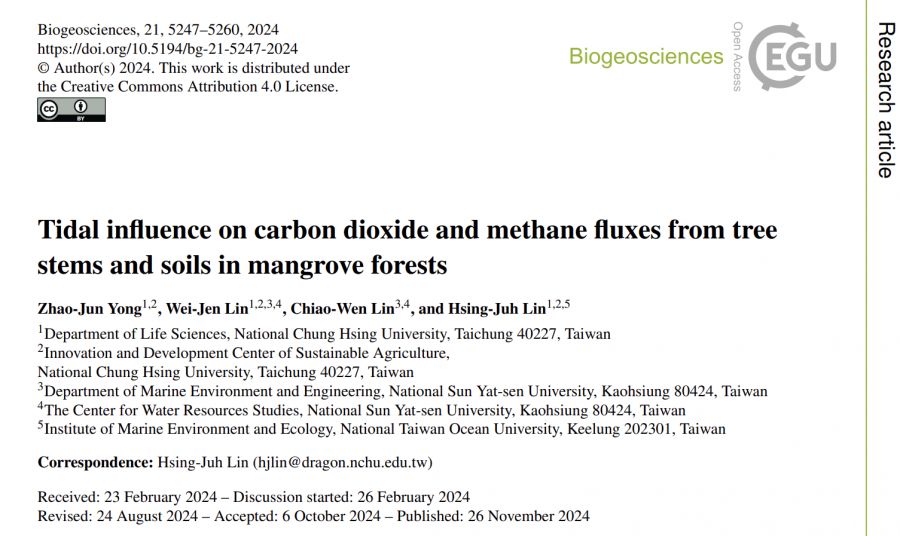| 論文篇名 | 英文:Quasi-Single-Crystalline ZnGa2O4 Films via Solid Phase Epitaxy for Enhancing Deep-Ultraviolet Photoresponse 中文:藉由固相磊晶法製備準單晶氧化鋅鎵薄膜來提升深紫外光響應 |
| 期刊名稱 | Advanced Materials Interfaces |
| 發表年份,卷數,起迄頁數 | 2019, 1901075, 1-10 |
| 作者 | Po-Wei Chen, Shiau-Yuan Huang, Shuo-Huang Yuan, Yi-An Chen, Po-Wen Hsiao, and Dong-Sing Wuu* |
| DOI | 10.1002/admi.201901075 |
| 中文摘要 | 複合氧化材料是種多功能材料,可廣泛應用至半導體領域及微電子領域。氧化鋅鎵材料具有5.1 eV之寬能隙,是一種具有潛力之材料並可應用於深紫外光檢測器中。使用工業中廣泛被使用之射頻濺鍍系統來沉積氧化鋅鎵薄膜。未經退火之氧化鋅鎵薄膜結構呈現無序之微結晶結構,導致有相對差的效能。由於在高溫環境中鋅原子會擴散出薄膜,因此氧化鋅鎵難以用濺鍍方式沉積出單晶結構之薄膜。因此,使用快速熱退火之方法並藉由固相磊晶之過程來使氧化鋅鎵提升結晶程度。在基板溫度為400度下製作之氧化鋅鎵可得到無序之晶粒作為成核種子。進一步退火在700度及1分鐘的條件下,氧化鋅鎵薄膜結構可接近準單晶氧化鋅鎵之結構,並已用穿透式顯微鏡確認。退火過之氧化鋅鎵光感測器之光響應在入射光波長為240 nm及5 V的量測環境下可達2.53 A W−1,相較於未退火之氧化鋅鎵光感測器有256%之提升。 |
| 英文摘要 | The complex-oxide materials are multifunctional materials, which have wide applications to the semiconductor and microelectronic fields. The ZnGa2O4 having a wide bandgap of 5.1 eV is one of the promising materials for deep-ultraviolet photodetector (PD) applications. The ZnGa2O4 films are deposited by using conventional radio-frequency magnetron sputtering which is extensively employed in the industry. However, the as-deposited ZnGa2O4 films show the disordered nanocrystalline structure, resulting in the relatively poor performance. Since the Zn atoms can diffuse out of the film structure during the annealing, the ZnGa2O4 material is difficult to get the single-crystalline structure by using the sputtering method. Here, the solid-phase epitaxy method is used for crystallizing the ZnGa2O4 structure via rapid thermal annealing process. The disordered crystal grains as incubated seeds are obtained in the as-deposited ZnGa2O4 film at the substrate temperature of 400 °C. Further annealing under the temperature of 700 °C in 1 min, the ZnGa2O4 film structure approaches the quasi-single-crystalline ZnGa2O4 structure, which is evidenced by checking the transmission electron microscopy. The responsivity of annealed ZnGa2O4 PDs can reach 2.53 A W−1 (at 240 nm and 5 V), which shows a relative enhancement of 256% compared with the as-deposited ZnGa2O4 PDs. |
Quasi-Single-Crystalline ZnGa2O4 Films via Solid Phase Epitaxy for Enhancing Deep-Ultraviolet Photoresponse 2019-07-26

設施農業:節能栽培與滅菌【材料系武東星特聘教授】






